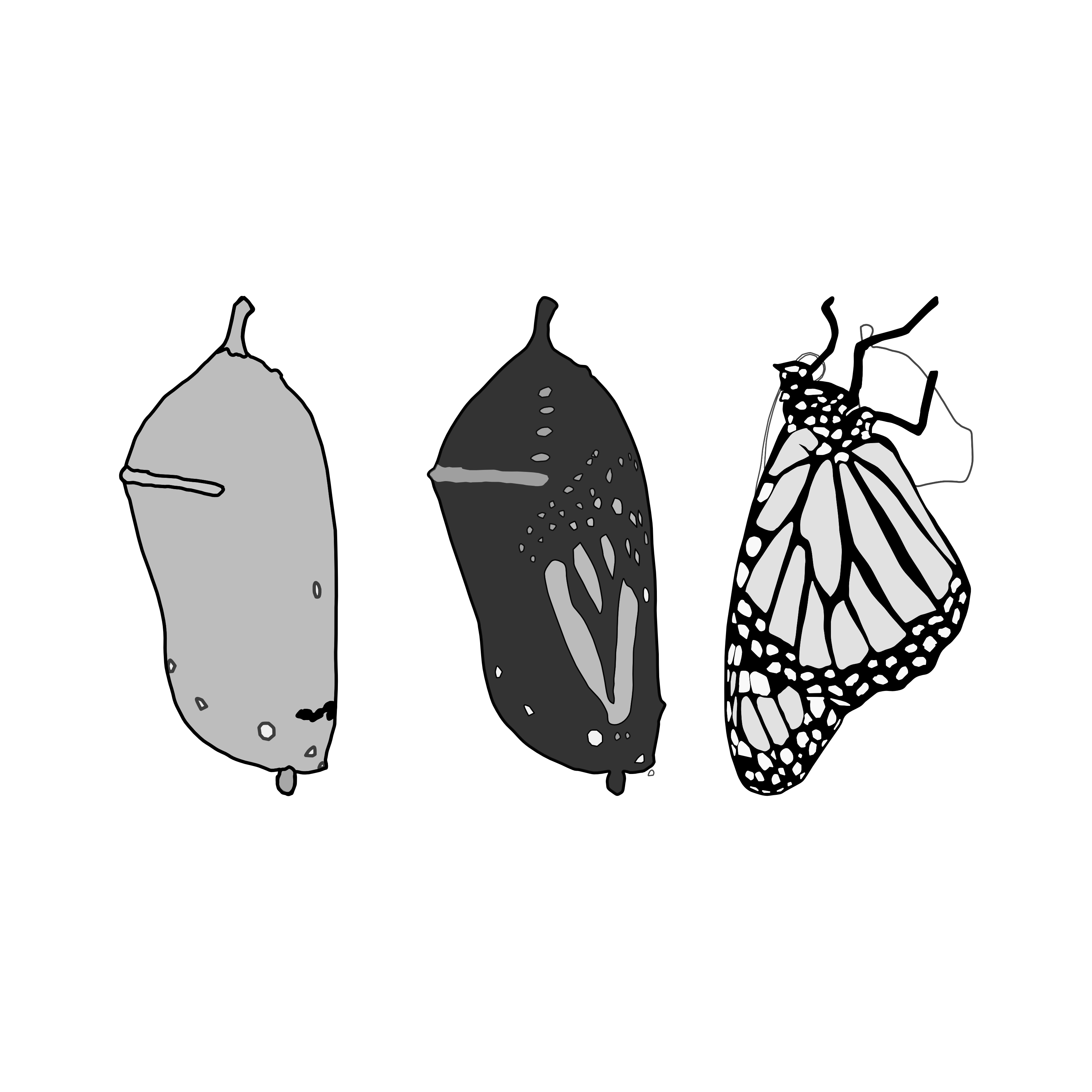“The stories we tell ourselves… create our lives and thus our health. What are the stories you tell yourself about your life and your health? This is story medicine.” ~Susun Weed
“Disempowerment is at the heart of poor health–physical, mental, and emotional.” ~Johann Hari
“Physiology is always paralleling psychology” ~Bessel van der Kolk
What is Story Medicine?
If you google the term “story medicine,” you are likely to find as many varied definitions and descriptions as there are links to click. At the time of this writing I don’t know the concept’s origin, perhaps it is old and universal enough that it doesn’t have a single traceable source. The world over and throughout time, storytelling and healing have been intertwined. I have carried the concept of story medicine with me for years, yet how I define it for myself continues to evolve with time and lived experience. I am sure this is part of the medicine.
I love the simple quote above by herbalist Susun Weed. It is the best definition I have come across to date. Our stories create our lives, and our health. Years ago when I believed that there was, generally speaking, one objective truth I would have scoffed at the idea. But today I see just how brilliantly true it is.
All of the years I struggled so hard with my mental health–in my case with symptoms our society labels as depression, anxiety, obsessive compulsive disorder (OCD), and post-traumatic stress disorder (PTSD)–I was mired in stories of disempowerment, of brokenness, of otherness, and of disconnection. I believed that I didn’t have choices, that I was stuck where I was in life and incapable of affecting meaningful change. I believed that I didn’t belong around people, which furthered my sense of disconnection. I believed that I was inherently broken, that there was something wrong with me, that I “should” be different, and be better able to handle my life as it was… whatever the heck that meant (I still don’t know). When I finally asked my therapist for a diagnosis I was asking for the ultimate story.
And as long as I stayed attached to these aforementioned stories, I stayed stuck. I stayed “sick.” I stayed medicated. I stayed unhappy. I used my belief that I had a broken brain–as was evidenced (so I thought) by me labels, my “symptoms,” and my prescribed psychotropic drug(s)–as reasons to stop looking, to stop seeking, to stop questioning, to stop growing.
But as life kept happening to me–yes that is how I felt for years, that life was happening TO ME as opposed to me being an active participant in my own experience–and I began to learn more about the nature of trauma and all it encompasses I began to question my long-held stories. Slowly they began to change. And you know what? So did everything else.
I stopped believing that life was simply happening to me and I started leaning into life as a co-created experience. I began to loosen my white knuckled, death-grip of an attachment to the notion that I was broken and slowly started to cultivate a connection with what I came to realize was my inherent, innate wholeness. (And guess what, you are inherently, innately whole too). I started to have much more fulfilling, balanced relationships with others and with myself. How did I do this? It was a slow, subtle process of becoming aware of myself when I was telling a story that didn’t empower me and then of gently shifting my focus and changing my narrative. This continues to take a lot of practice and a lot of work. At times I needed help along the way to move through old traumas and to cultivate different tools for myself to use. I have gotten pretty good at all this after years but I am still always growing. The work is never finished. Today though I am fortunate to be in a place where I can look back and recognize that ultimately both telling and changing my stories has done nothing short of save my life.

A lot of the work I do now helping support others who are walking the path of prescribed psychotropic drug withdrawal and cessation, and of holistic healing and growth, are about gently supporting and encouraging them to challenge the stories they are attached to that might be hindering them on their journey. Am I saying that it’s possible to “story” your way out of anything? No, of course not. But today we know that our cells and our very DNA respond to our thoughts. If that doesn’t make a compelling case for the power of our stories I am not sure what does.
There is Always More…
Does any of this make the concept of story medicine clearer to you? I hope I have at least given you a tiny little bite of the idea. Story medicine is so big, and so important, and I feel I have only just begun to scratch the surface even for myself. As I said before my understanding and my ability to articulate that understanding continues to grow and evolve, which is part of the beauty of it all. I don’t have all the answers. But the power of our stories is a foundational piece of the work that I do and the life that I live. Even this blog post is a little bit of story medicine, and I am sure it is something I will revisit often in this space.
I encourage you to sit with the idea of story medicine and see what resonates for you. Read more about it, or don’t. Create your own adaptive understanding. Choose the pieces of it that may be helpful for you on your own journey.
Until next time…
